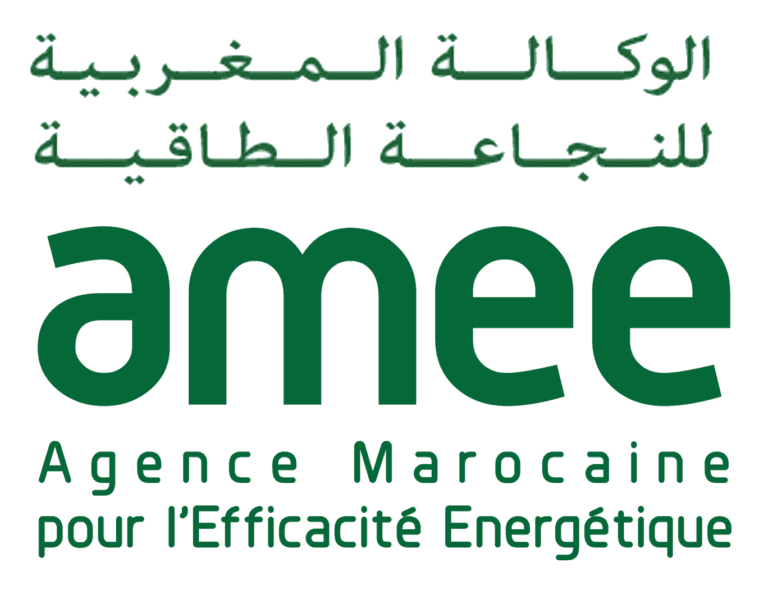In an interview granted to MAP on the sidelines of Gitex Africa 2025, Mr. Benyahia recalled that AMEE relies on a legislative and regulatory arsenal to promote good practices, but also on incentive, training, and information tools, emphasizing that “energy efficiency requires both technical and financial means as well as a change in societal behavior.”
Among the Agency’s flagship projects is the establishment of regional energy efficiency and decarbonization plans with the 12 regions of the Kingdom. These plans aim to provide local authorities with planning tools for a more rational energy consumption, in accordance with their competencies as stipulated by organic law. A national information and monitoring system for energy performance indicators is also being deployed.
Furthermore, Mr. Benyahia reported on the rehabilitation of AMEE’s training center in Marrakech, intended to host qualifying training for various economic actors, as well as the strengthening of the technical and material capacities of the Agency’s laboratory, which specializes in the labeling of solar and photovoltaic equipment.
Regarding the impact of digital technology, the official warned about the high energy consumption induced by digital uses, particularly data centers, streaming, or sending emails with attachments. “A simple email emits 4 grams of CO2, and an attachment increases this figure to 35 grams,” he warned, stressing the importance of digital sobriety.
In this regard, AMEE is conducting an awareness campaign on the environmental effects of digital technology alongside Gitex. The development of digital technology requires continuous energy supply, sometimes carbon-intensive, and intensive cooling devices, Mr. Benyahia explained, calling for innovation to reduce the ecological footprint of these technologies.
MAP


